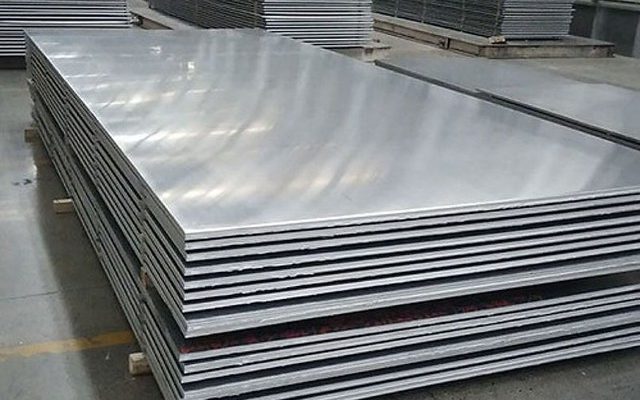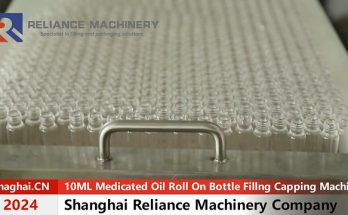Alloy Steel Sheet: The Ultimate Guide to Manufacturing, Features, Advantages, Selection, and Conclusion
Introduction:
In today’s fast-pa alloy steel sheet ced manufacturing industry, alloy steel sheets have gained immense popularity for their exceptional strength and versatility. This comprehensive guide will delve into the manufacturing process, unique characteristics, advantages over traditional steel sheets, methods to select the right product based on your requirements, and

a conclusive summary of alloy steel sheets.
Manufacturing Process:
Alloy steel sheet is fabricated using various techniques to ensure superior quality and durability. The most common method involves combining iron with other elements such as carbon, manganese, chromium or nickel in specific proportions during production. This amalgamation enhances the overall material properties and grants it resistance against wear and corrosion.
Features of alloy steel sheet Alloy Steel Sheets:
1. Superior Strength: Alloy steel sheets display remarkable tensile strength compared to standard carbon steels.
2. Enhanced Hardness: Due to a Sheet of alloy steel dded alloys like chromium or manganese-based compounds during production.
3. Improved Toughness: By modifying composition ratios during fabrication processes.
4. Excellent Resistance: Comprising anti-corrosion properties that protect against environmental degradation.
5. Wide Range of Applications: These versatile materials find applications across industries such as automotive, aerospace engineering,and construction.
Advantages of Usi Mixed metal sheet made with alloys ng Alloy Steel Sheets:
1. Increased Durability:The inherent toughness makes them long-lasting even under harsh conditions.
2.Increased Yield Strength:A higher yield strength means improved safety margins for structural applications.
3.Cost-Effective Option:Certain grades are more affordable than exotic metals while offering comparable performance levels.
4.Unparalleled Load Bearing Capacity:Demonstrating unparalleled load-bearing ca galvanized steel manufacturer pabilities due to the presence of different alloys in varying quantities resulting in high tensile strengths
5.Resistant to Wear & Tear:The ability to withstand abrasive forces promotes longevity when sub Metallurgical sheet of alloyed steel jected to friction.
Usage Guidelines:
When utilizing alloy steel sheets effectively,a few key factors should be considered:
1.Application Requirements- Each industry or use case may necessitate specific material properties
2.Temperature Resistance-Ensure the selected alloy steel sheet can withstand high temperatures if required.
3.Dimensional & Thickness Specifications-Choose the appropriate dimension and thickness for your application.
4.Surface Finish- Determine whether surface smoothness is important based on assembly requ alloy steel sheet irements.
Selecting the Right Alloy Steel Sheet:
To choose an optimal alloy steel sheet, consider these vi galvanized steel manufacturer tal aspects:
1.Material Compatibility: Understand how alloy steel interacts with other materials in your project.
2.Application-Specific Properties: Identify which mechanical properties are critical for successful integration with your design specifications.
3.Cost-Efficiency: Balance cost considerations against long-term durability and performance expectations.
Conclusion:
In conclusion, alloy steel sheets are an indispensable component acros

s industries. Their exceptional strength, enhanced hardness, improved toughness,and resistance to wear make them a preferred choice by manufacturers around the world. By carefully assessing their unique features and considering key selection factors,application-specific solutio alloy steel sheet ns can be identified leading to successful outcomes in several sectors. So why wait? Embrace the versatility of alloy steel sheets today to transform your manufacturing processes and elevate product performance to new heights.


